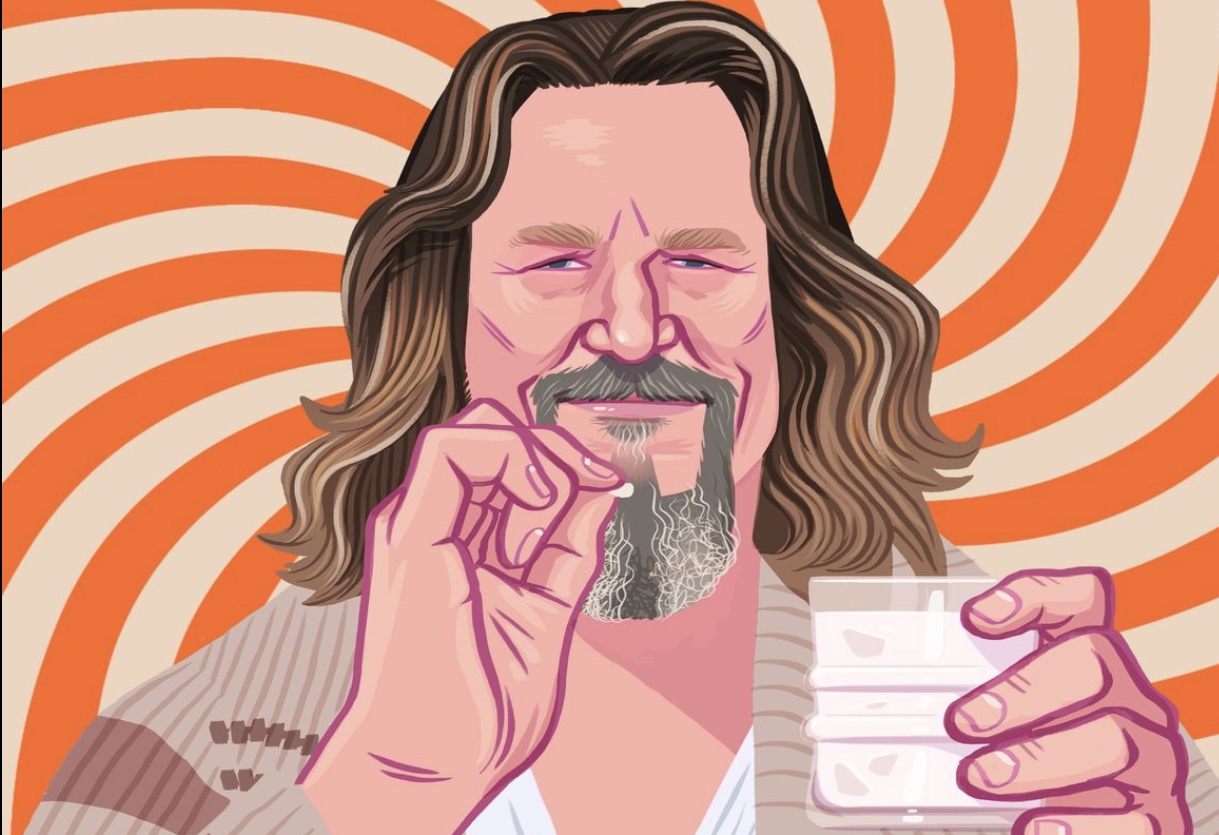Ever wonder what happened to The Big Lebowski? Turns out he moved to St. Louis, swapped his White Russian for a beer and his joint for a cigarette. But he remains very Dude-like.
Tag Archives: The Big Lebowski
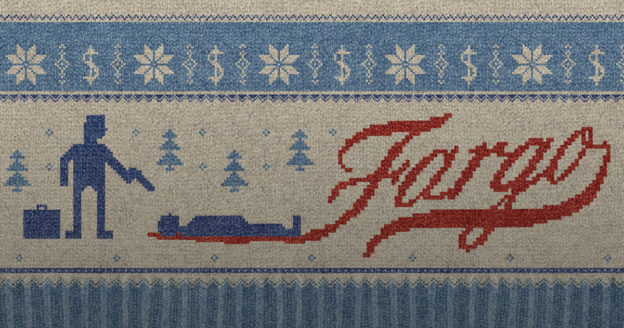
This is a True Story.
Let’s get this out of the way now: Complaining about Fargo is a little like complaining about a Ferrari that stalls. Ultimately, you’re just bitching about wealth. At some point, you need to get over yourself and realize you’re lucky to have a kickass set of wheels.
As it is was with Fargo, one of the best television series in the lore of television series. When the show misses a piston, it still laps most competitors.
But let’s not mince words: Fargo misfired in its finale, which ended its season last night (and possibly for good, as creator Noah Hawley admits he has no plans — or ideas — for a season 4). And while no one could reasonably claim that the Coen brothers homage went out with a whimper, it did conclude with a muffled bang, like an execution beneath a pillow.
This is a long way of saying spoilers abound.
Unlike the previous two seasons, this iteration of the series ended on an intentionally (as Hawley told USA Today’s Bill Keveney) on a cloudy fade-to-black: with hero Gloria Burgle and villain V.M. Varga staring at each other in a police station, vowing to defeat one another.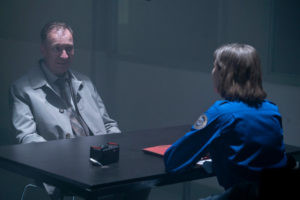
The scene is, to a small degree, a violation of the Coen brothers ethos: That virtue defeats vice — even when it doesn’t win. Such was the case in the movie Fargo. And The Big Lebowski. And Raising Arizona. And every one of their films with a religious undercurrent. Which is every one of their films.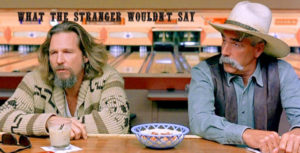
Including No Country for Old Men, the movie most critics cite as the influence on season 3. But that’s incorrect. While Anton Chigurh, who played Death in the flick, did indeed walk away from the chaos to haunt another day, he did claim the soul of Sheriff Ed Tom Bell. That Bell (played by Tommy Lee Jones) survived came thanks to him screwing up his courage and facing Death (which fled), another consistent through-line of the brothers Coen.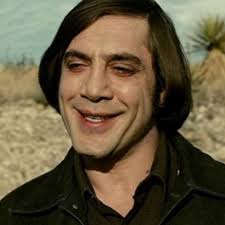
Here, however, bravery was not rewarded. I wonder that Joel and Ethan thought of that. And this:
- The exposition Fargo 3 had lots of talking. Burgle does a lot of audible thinking: Was this a robbery gone wrong? Is she the character she’s reading about in her latest book, The Planet Wyh? Is life a morass of random collisions? These are all questions the Coen brothers love to ask. Just not aloud.
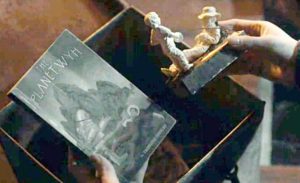
- The beauty For the first time in the series, major characters were beautiful. Carrie Coon and Mary Elizabeth Winstead are model-pretty. That should never work against a TV show, but it’s standard practice in network television to add beauty to a show that’s desperate for ratings, like Homicide and The Office in their waning years. In the Coen universe (and the first two seasons of the show), beauty equals vanity.

- The money Joel and Ethan Coen once told me that they don’t care where the money winds up in their movies. In fact, they prefer that it goes missing (perhaps because it’s symbolically the root of evil?). But in the season 3 finale, not only are the millions found. They’re given to Mr. Wrench. It’s a wonderful touch, but not necessarily Fargoesque.
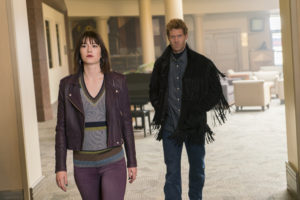
And finally, the show was decidedly detached from the first two iterations, which were blended so seamlessly they could play as one, 20-hour movie. The millions thrown to Hawley and FX for a third installment may have been too enticing. Who turns that down?
And there were still moments of unmitigated brilliance. The ethereal bowling alley conversations between Ray Wise (who played a version of Peter at the pearly) and the series’ most heroic and villainous characters may constitute the best scenes of the entire show. The animated story of the droid Minsky is a short film within itself.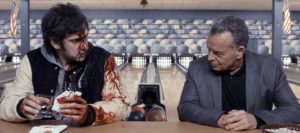
Alas, time likely spells the end of Fargo. If so, it puts the series in the pantheon of great-but-brief shows: Rome, Twin Peaks, The Office (British version), True Detective (and that was good for only the first season). All accomplished brevity, soul of wit, yaddy yaddy.
So it may be for Fargo, where the names have been changed out of respect for the dead and request of the living. But the rest was told exactly as it occurred. Brilliantly.

